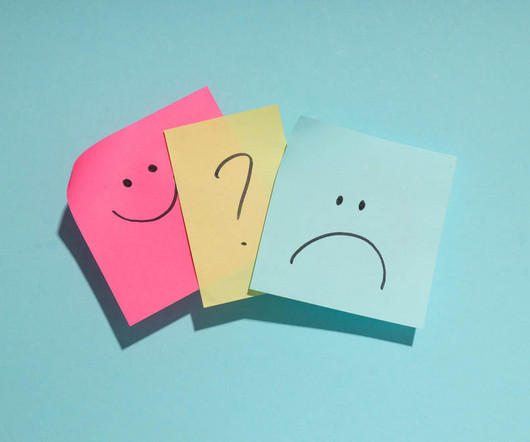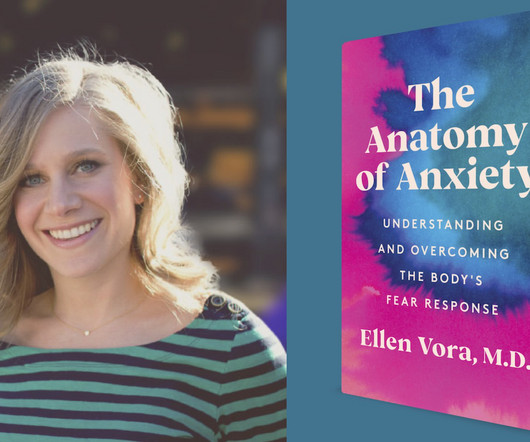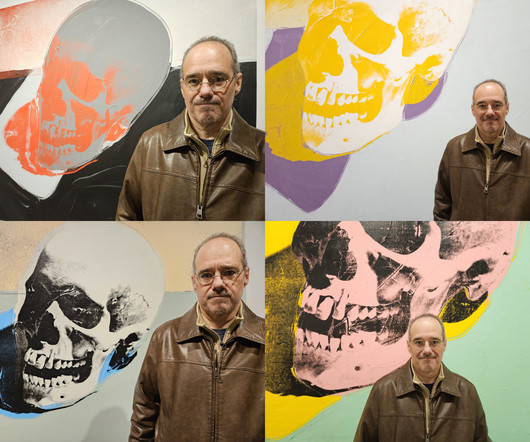Beyond Medicalization: Psychedelic Therapy and the Promise of Community-Based Healing
Mad in America
JUNE 19, 2025
Author’s note: For transparency, I am the co-founder of Elemental Psychedelics, a state-approved training center for psilocybin mushroom practitioners in Colorado. Taking all of this into consideration, the question for me has become: Do psychedelics represent something meaningfully different here?














Let's personalize your content